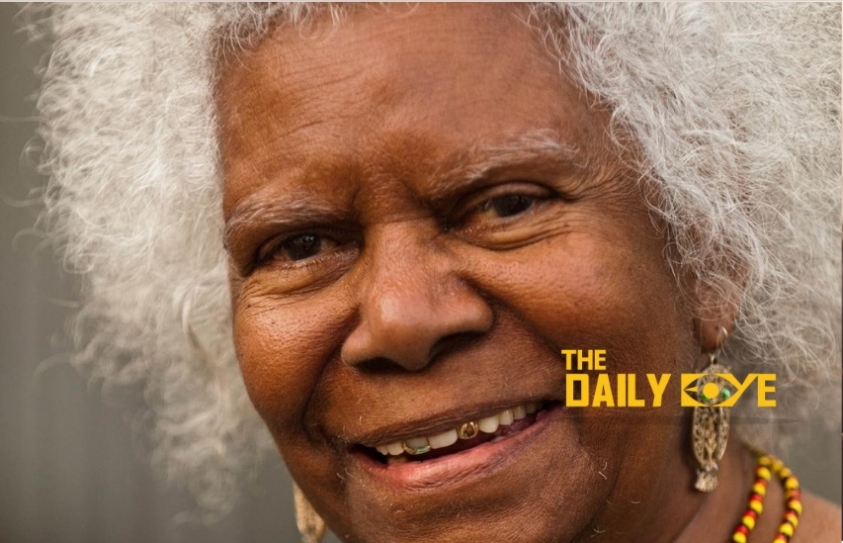
Bonita Mabo, Indigenous Rights Activist, dies at 75
by Shruthi Venkatesh November 30 2018, 2:55 pm Estimated Reading Time: 3 mins, 26 secsProminent Indigenous and South Sea Islander activist Bonita Mabo has died. She was an Australian educator and activist for Aboriginal Australians, Torres Strait Islanders, and Australian South Sea Islanders. Born near Ingham, she was a descendant of the Vanuatuan workers who were taken to Queensland, some 2,000 km west of their home, to work in substandard conditions on sugar plantations between about 1860 and 1904. She married Eddie Mabo in Ingham in 1959. Soon they were to become parents of 10.
Bonita stood along as a great pillar of support and strength with her husband’s indigenous works of human rights.
3.jpg)
(townsville bulletin)
Disenchanted with the education her children were receiving, she set up Australia’s first Aboriginal community school in 1972. It was a well-planned project where children could learn their own culture rather than white culture. Bonita worked in the school as a teacher's aside and oversaw day-to-day operations. “For black children … we could see how they were … they used to go to school and they'd get blamed for different things,” she said in a 2013 interview. “I used to go up to the school and I used to have arguments with the teachers and many times they cried and I didn't care because I'd said what I'd wanted to say.” The Black Community School started in Townsville with 10 students and two teachers who volunteered for half pay. At its peak in the late 1970s, 45 students were enrolled at the school. Due to lack of funding, the school was later shut down in 1985.
Her husband Eddie Mabo spent a decade fighting for official recognition of his people's ownership of Mer Island in the Torres Strait. Even though their first community school was shut down Bonita focused and supported him through his historic land claim, but said “I was his wife, but that’s as far as it went . . . I’ve got nothing to do with the land”. Following his death, she increasingly sought recognition for her own ancestors. She was an advocate for reconciliation for all Australians, especially between Aboriginal, Torres Strait Islander and South Sea Islander peoples, speaking frequently of the need to ‘work together as one to fight for our rights’. In 1992, Bonita Mabo was making her way from North Queensland to Canberra when the landmark decision was handed down.
In an interview with the ABC in 2013, Mabo said she had to be there for her husband “all the way”. I was disappointed he wasn't there … for the judgement to come down early enough. But on his deathbed he knew and he kept saying: 'when I win the case, when I win the case'.” she reveals. She, and the rest of her family, longed to see 3 June, the anniversary of the successful Mabo decision, declared as a national holiday with a focus of the day on reconciliation for all Indigenous Australians and Non-Indigenous Australians. That’s the sparkle of togetherness. She was strong enough to fight for it all and it was indeed a dream come true for the Mabo’s.
In recent years, Mabo had been fighting for South Sea Islanders to be recognised in Australia as their own distinct ethnic group. She was recognised in the Order of Australia in 2013 for “distinguished service to the Indigenous community and to human rights”. Mabo took her last breath in Brisbane on 26 November 2018 at her 75.
Days before she died, on 17 November 2018 James Cook University conferred an honorary doctorate of letters on Bonita Mabo for her contribution to social justice and human rights. It was indeed an honour of her lifetime. Jackie Huggins, co-chair of the National Congress of Australia's First People's, said Mabo was “a mother to all of us in the political struggle”. “She left a legacy of great compassion, of being the woman who was behind Eddie Mabo, her husband, in his fight for justice and human rights,” he said. “She was a great legend across this whole nation.”




-173X130.jpg)
-173X130.jpg)
-173X130.jpg)
-173X130.jpg)

_(7)-173X130.jpg)
-173X130.jpg)
-173X130.jpg)